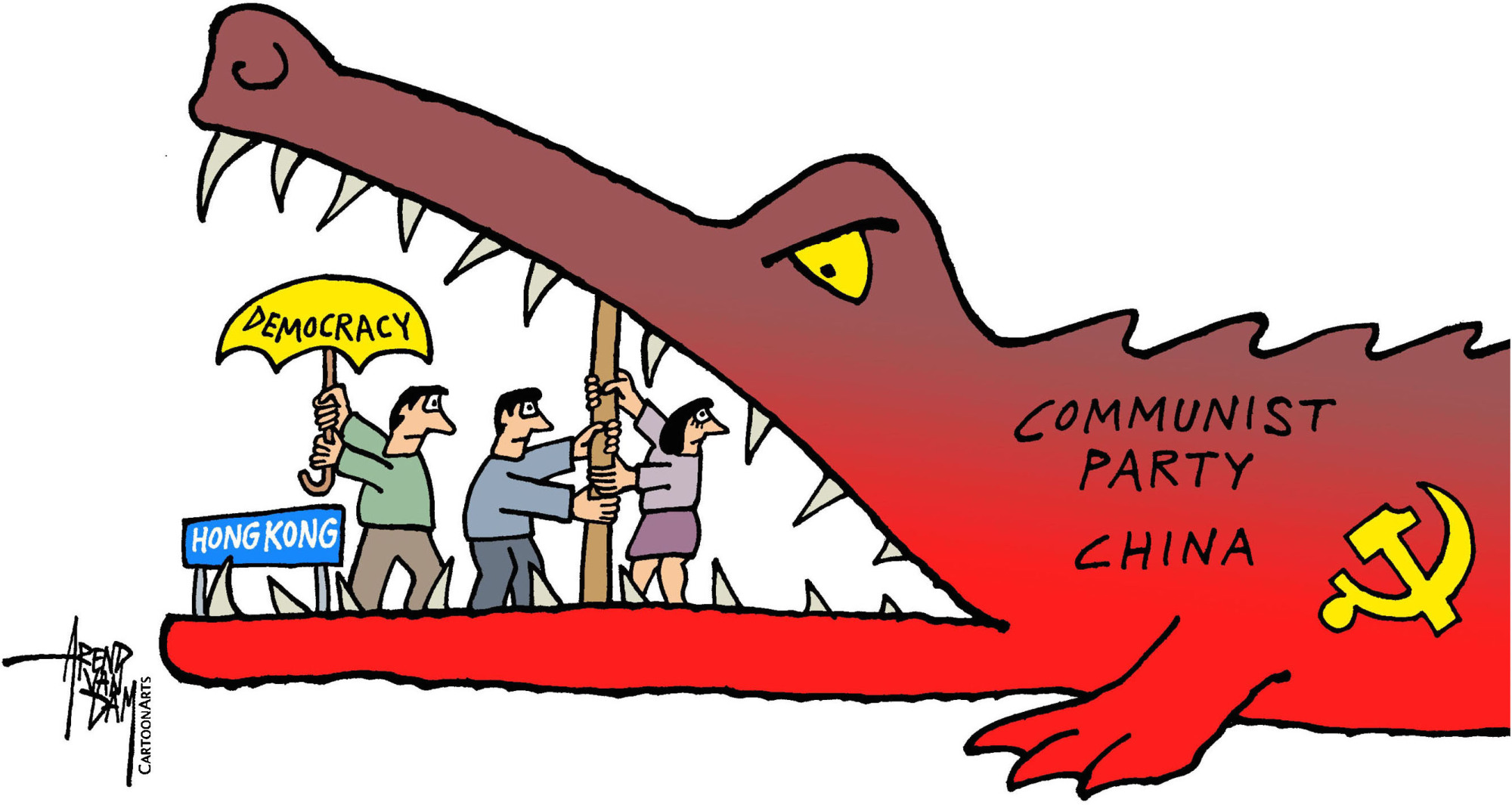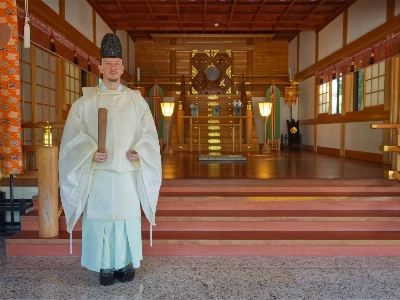Hong Kong has long been a beacon of inspiration for Asian cities. Highly competitive and connected, it has served as a bridge between East and West, earning it the moniker "Asia's world city." But this position is now under threat — and it is Hong Kong's own fault.
For several months, Hong Kong has been seized by protests that began with a proposed extradition law, aimed at simplifying the process for transferring suspected criminals to Taiwan, mainland China and Macau. Protesters, as well as many outside observers, viewed the bill, since suspended indefinitely, as a covert effort by China's central government to establish a legal tool for bringing its perceived enemies into its jurisdiction.
In that sense, the logic goes, the extradition bill would threaten Hong Kong's liberty and autonomy under the "one country, two systems" principle underpinning the city's relationship with mainland China since 1997, when Chinese sovereignty was restored in the former British colony. But the logic is wrong.



















With your current subscription plan you can comment on stories. However, before writing your first comment, please create a display name in the Profile section of your subscriber account page.